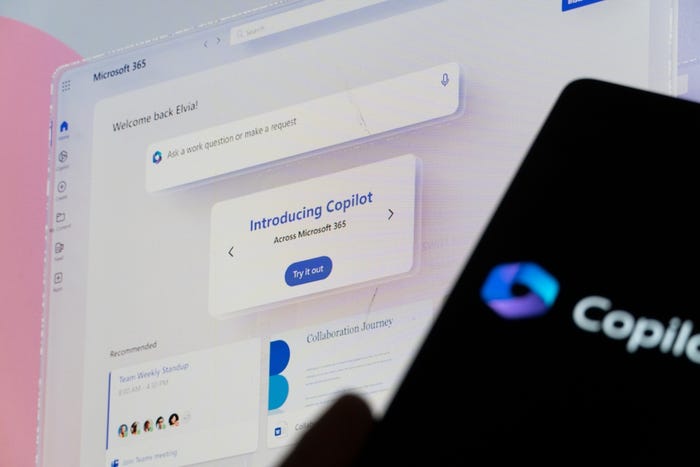Cloud Computing News & Updates
Welcome to our Cloud News & Updates page, designed for channel partners, advisors and tech vendors. Stay informed on the latest trends, services, and innovations in cloud technology. Explore breaking news, cloud market analysis and expert insights to empower your business and better serve your clients in the dynamic cloud computing landscape.
Pax8 layoffs
Channel Business
Pax8 Layoffs Hit Mostly in North AmericaPax8 Layoffs Hit North America
Greenwood Village, Colorado-based cloud marketplace says it remains “laser-focused on creating an exceptional marketplace” despite layoffs.








































